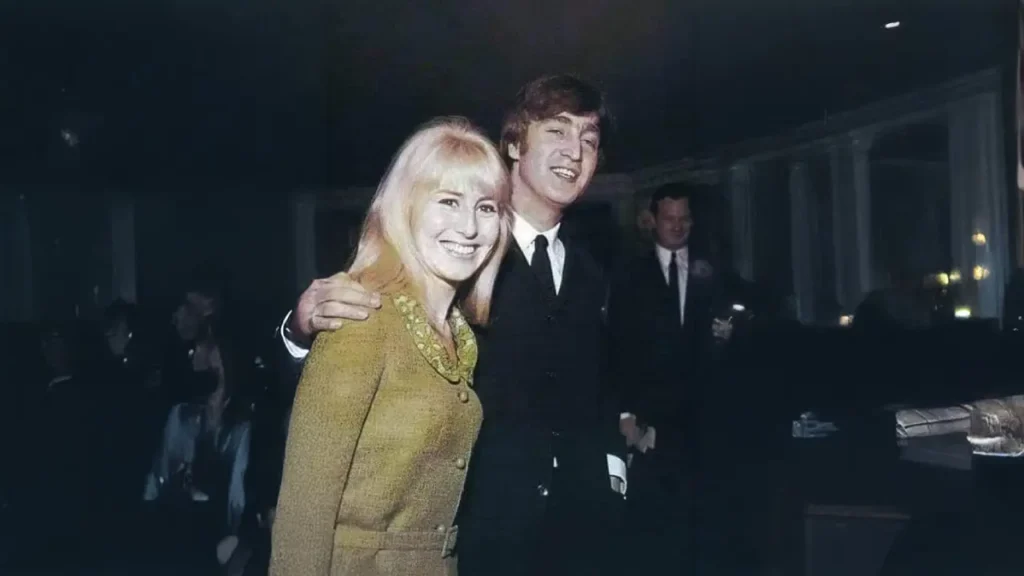He didn’t keep the letters. He gave them back. Framed, restored, and with just five handwritten words: “Never sell your memories. Love, Paul.”
You Know the Big Beatles Stories
The stadiums. The screaming fans. The rooftop concert. And of course—John and Yoko.
You’ve probably heard the version where their meeting in 1966 changed everything. For John, for the Beatles, for music history.
But there’s another story—quieter, more personal. One that doesn’t get told as often. One about what happened after the spotlight moved on.
Cynthia’s Side of the Story
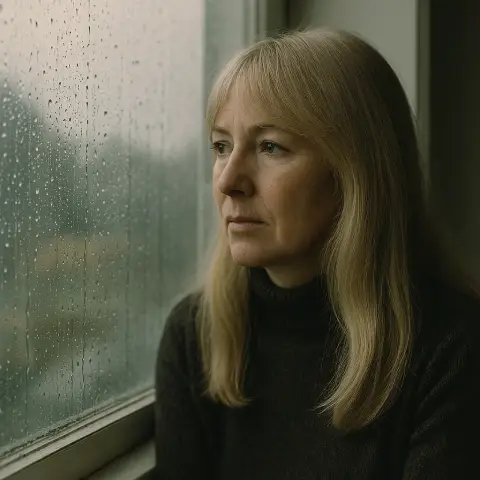
While the world was swept up in John and Yoko’s whirlwind, Cynthia Lennon, John’s first wife, was left to figure out life on her own—with their young son, Julian.
It wasn’t a slow goodbye. It was fast and final.
By 1969, John and Yoko were married. Cynthia was suddenly a single mom, trying to raise Julian with very little support. The divorce didn’t leave her with much financially, and emotionally, it left even less.
She wasn’t just losing a partner—she was losing the life she’d helped build from the very beginning. And she had to do it all while the rest of the world still had their eyes on John.
When Survival Costs More Than Money
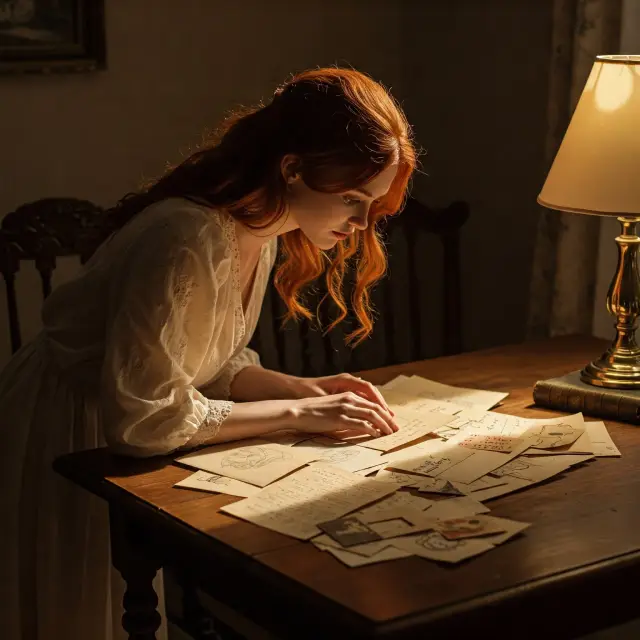
When You’re Left With Memories—and Bills
At some point, Cynthia had to make an impossible choice.
Money was tight. Julian needed stability. So she looked to the only valuable things she had left—not money, but memories.
She had old letters. Handwritten notes. Silly sketches. Bits of her early life with John, back when he was just John—not a legend, not a headline. These weren’t just Beatles memorabilia. They were pieces of her.
And when it came down to it, she sold them.
The Then Something Unexpected HappenedThat Came Back Home
Some time later, a package arrived at Cynthia’s door.
Inside were the very letters she had sold. But they didn’t look the same. They were beautifully framed, professionally restored—clearly handled with care.
Tucked into the frame was a small handwritten note:
“Never sell your memories.
Love, Paul McCartney”
No headlines. No photo ops. Just quiet kindness.
Why Paul Did It
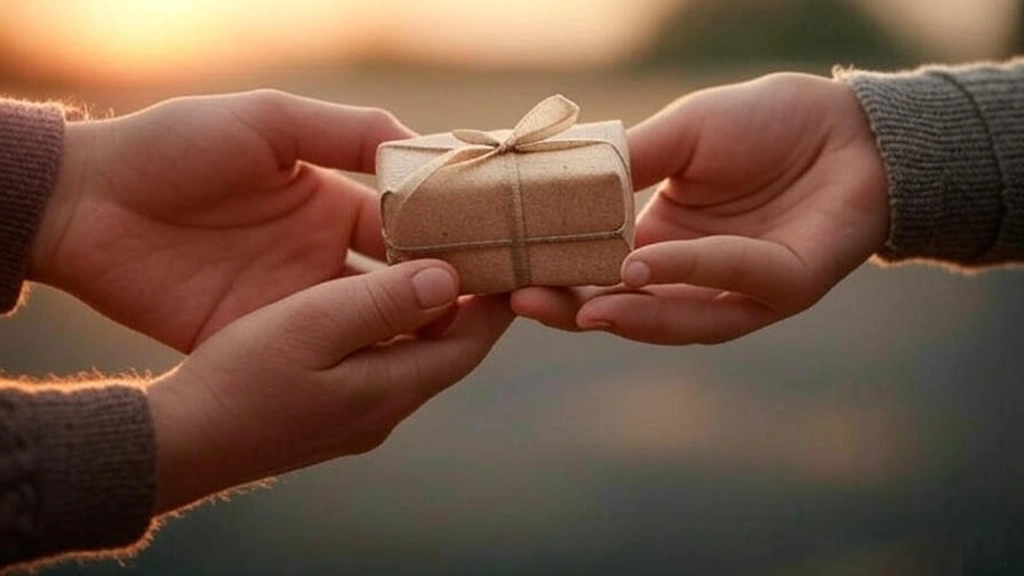
Paul McCartney had bought the letters at auction. But not for himself.
He bought them so he could give them back.
He saw what they were—more than collectibles. They were parts of Cynthia’s life, parts that no amount of money could truly replace.
And Paul didn’t do it as a Beatle. He did it as a friend. As someone who understood what it meant to have your story buried beneath someone else’s spotlight.
More Than Memorabilia—They Were Memory
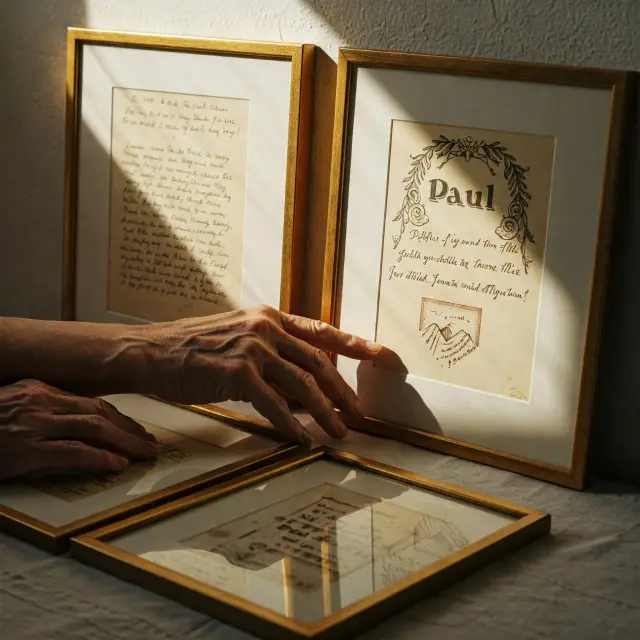
A Private Gift with a Big Message
In a world where everything is shared and posted and sold, Paul’s gesture was the opposite. It wasn’t public. It wasn’t performative.
It was personal.
And in that moment, Cynthia wasn’t just a footnote in Beatles history. She was seen. She was remembered. And she got back a piece of herself.
You won’t see this story in Beatles documentaries. It’s not a chart-topping hit. But maybe it should be told more often.
Because it’s not just about music or fame. It’s about respect. About being human. About remembering the people who were there before the spotlight.
Paul didn’t try to rewrite the past. He just gave someone a part of it back.
And honestly? That might be one of the most meaningful things he’s ever done.
